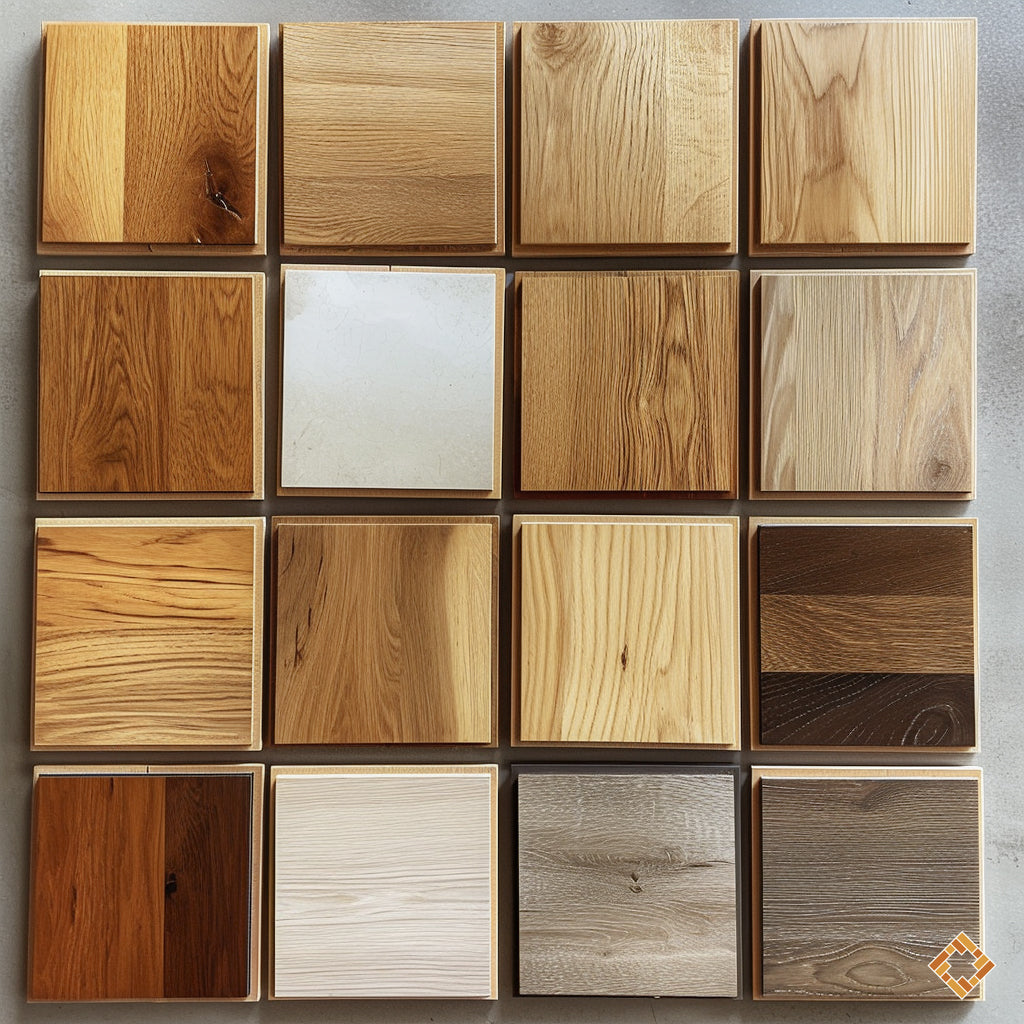How Can Floor Staining Affect Allergies?
When considering floor staining for your home in Montreal, Laval, Longueuil, South Shore, or North Shore, it's natural to be concerned about how it may impact allergies, especially if you or your loved ones are allergy-sensitive. Floor staining can bring a new dimension to your living space's aesthetics, but how does it interact with allergies? Plancher Deluxe is here to explore this question and provide you with valuable insights on the topic.
The Composition of Floor Stain
Before delving into the impact on allergies, it's crucial to understand the composition of floor stain. Floor stain typically comprises three main ingredients:
-
Color Pigments: These pigments provide the desired hue to the floor. They can be water-based or oil-based.
-
Solvents: Solvents are used to make the stain more liquid and aid in its application.
-
Binders: Binders are responsible for binding the pigments to the wood, ensuring a durable finish.
The majority of modern stains are designed to minimize emissions of volatile organic compounds (VOCs), reducing their impact on indoor air quality. However, it's always wise to check the specific composition of the stain you intend to use.
Reducing Allergy Risks
Floor staining, when applied correctly and chosen carefully, can help reduce allergy risks in your home. Here's how:
-
Wood Sealing: Floor staining seals the wood, creating a protective barrier that traps allergens such as dust, pet dander, and mold.
-
Ease of Cleaning: Stained floors are easier to clean than untreated ones, allowing you to maintain a clean and healthy environment.
-
Reduction of Trapping Areas: Stained floors do not have cracks or joints where dirt and allergens can accumulate, reducing areas conducive to allergen proliferation.
Precautions to Take
While floor staining can be beneficial for allergy-prone individuals, some precautions should be taken to minimize any risks. Here are some practical tips:
-
Adequate Ventilation: When applying the stain, ensure proper ventilation to dissipate potentially irritating fumes.
-
Drying Time: Allow sufficient time for the floor to dry completely to prevent any VOC emissions.
-
Use Certified Products: Opt for floor stain products with low VOC content to minimize emissions.
-
Regular Maintenance: Keep your stained floors in good condition by cleaning them regularly to prevent the buildup of allergenic particles.
Consult Floor Staining Professionals
For the best results and to minimize allergy risks, it's wise to enlist the services of floor staining professionals like Plancher Deluxe. They have the expertise needed to select appropriate products, ensure proper application, and guarantee a healthy indoor environment for your family.
Conclusion
Floor staining can be a valuable asset for your home in Montreal, Laval, Longueuil, South Shore, or North Shore. It can not only enhance your living space's aesthetics but also help reduce allergy risks by sealing the wood and simplifying maintenance. However, it's essential to take appropriate precautions to minimize any negative impact on indoor air quality. If you're considering staining your floors, rely on professionals for outstanding results.

